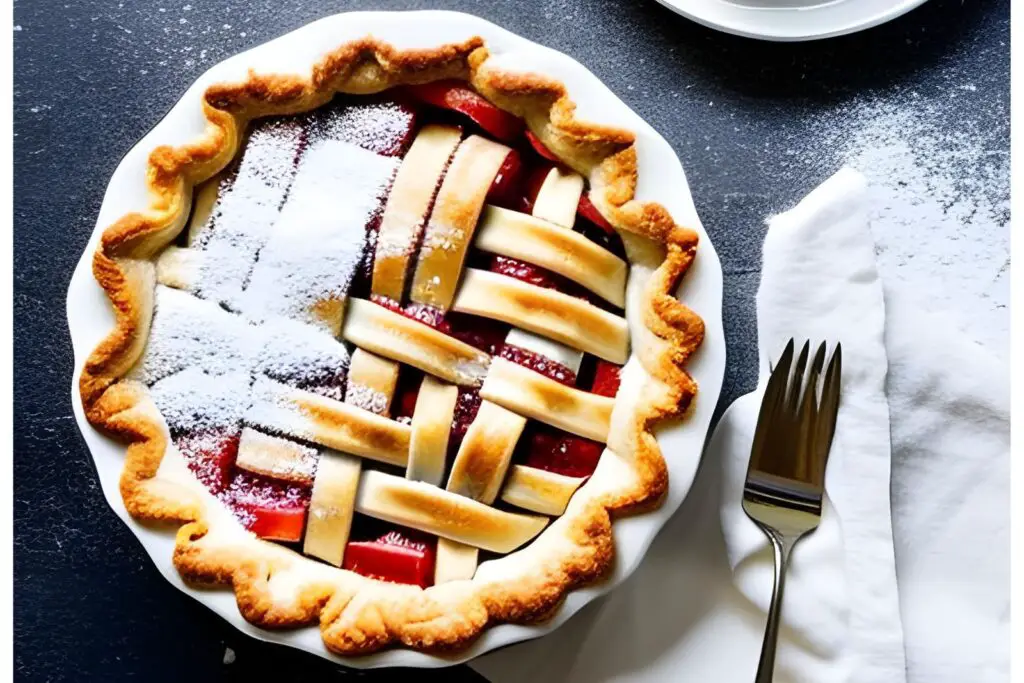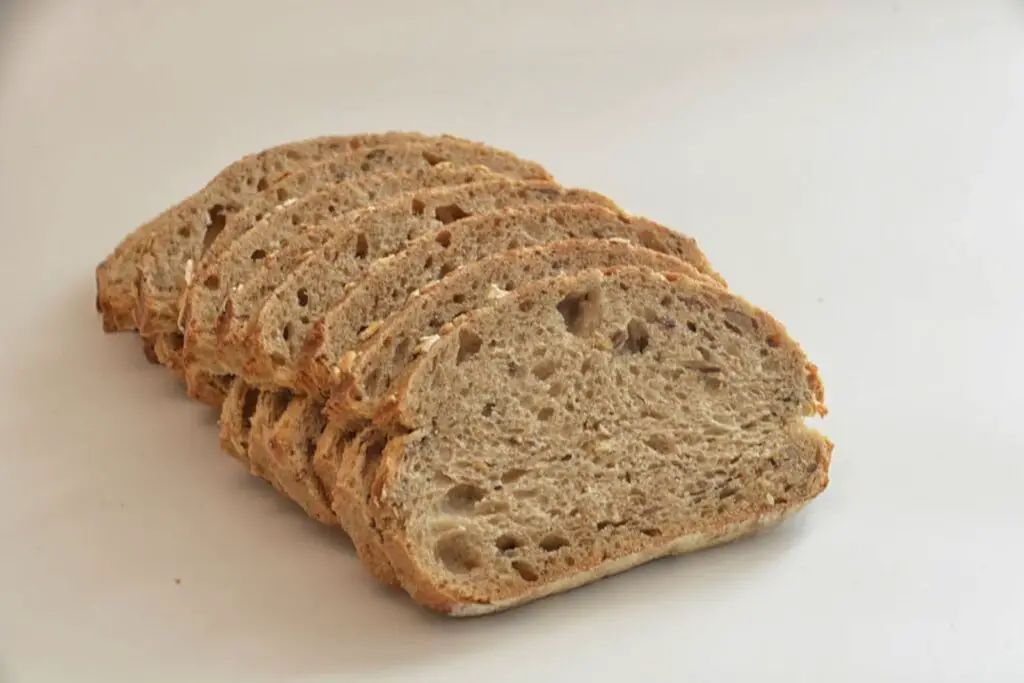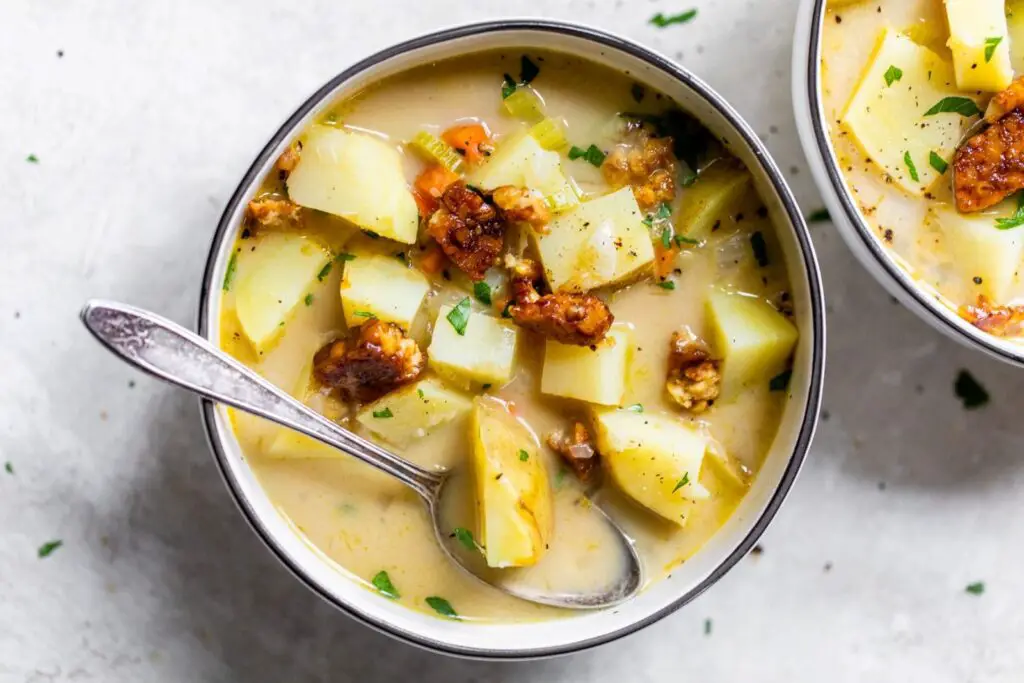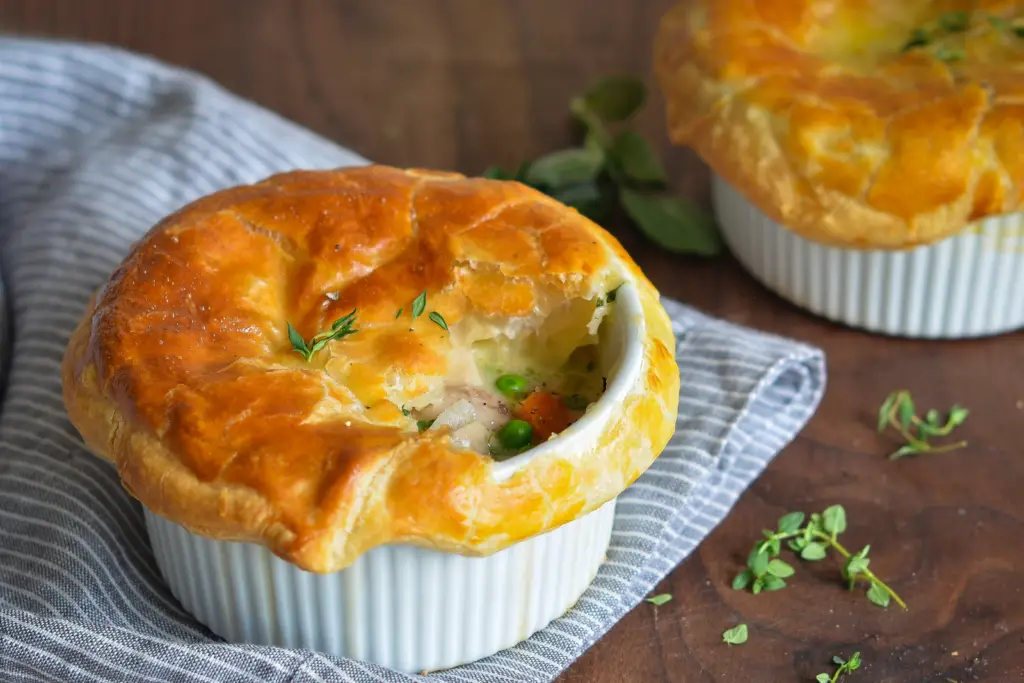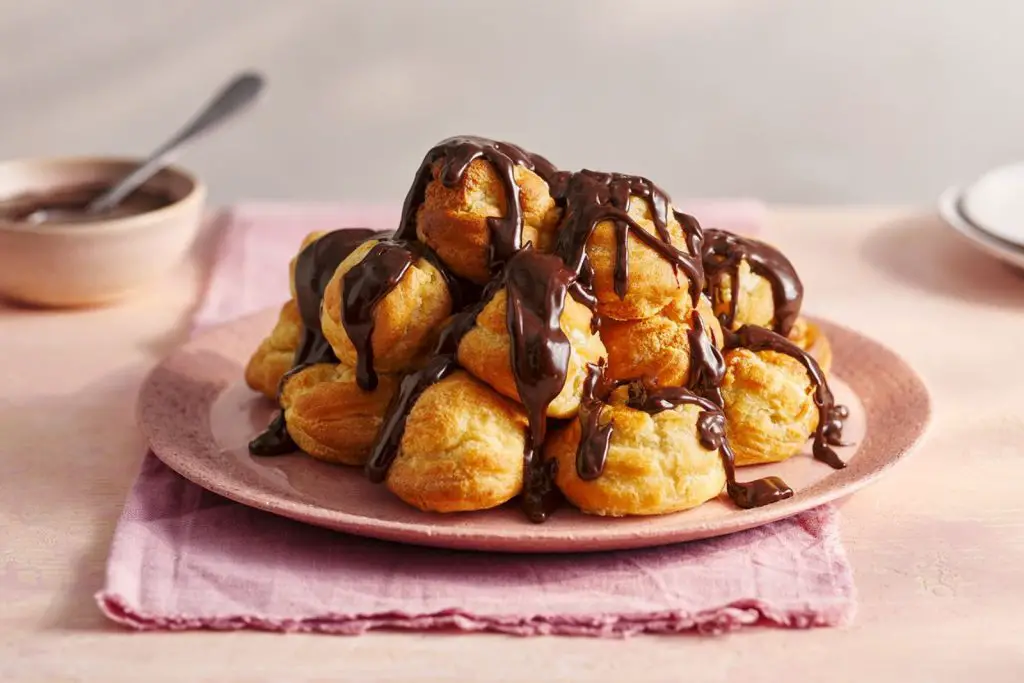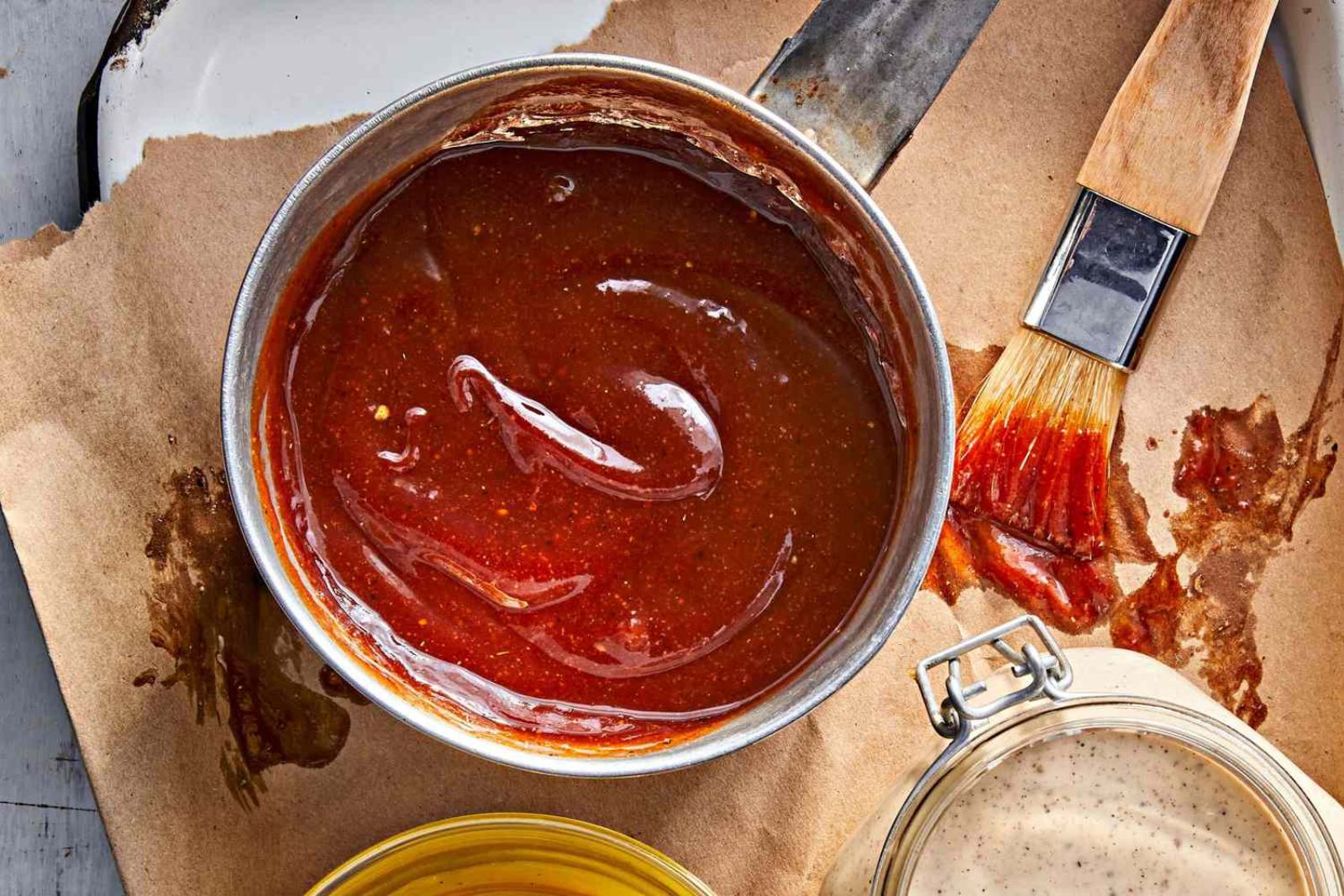
BBQ sauce, short for barbecue sauce, is a flavorful condiment commonly used in American cuisine, particularly with grilled or smoked meats. It is a thick, tangy, and sweet sauce that comes in various regional styles, such as Kansas City, Carolina, and Texas. BBQ sauce typically includes ingredients like tomato paste or ketchup, vinegar, sugar or molasses, spices, and sometimes mustard or Worcestershire sauce. Freezing BBQ sauce is a method of preserving it for future use, allowing you to extend its shelf life and enjoy its delicious flavors even after an extended period. By following proper freezing techniques, you can ensure the quality and taste of the sauce are preserved.
Here’s a step-by-step guide on how to freeze BBQ sauce:
Step 1: Choose the Right Container
When it comes to freezing BBQ sauce, selecting the right container is essential to maintain its quality and prevent any potential leakage or freezer burn. Here’s why choosing a suitable container matters:
- Freezer-Safe Properties: Opt for a container specifically designed for freezer storage. Freezer-safe containers are made of materials that can withstand low temperatures without cracking or breaking. They are also resistant to moisture, preventing the sauce from absorbing any unwanted flavors or developing freezer burn.
- Size Considerations: Consider the amount of BBQ sauce you plan to freeze and choose a container that can accommodate it comfortably. If you freeze sauce in a container that is too large, it may result in unnecessary air exposure, leading to degradation of flavor and quality. On the other hand, if the container is too small, it may cause the sauce to overflow during freezing.
- Material Options: Glass jars, plastic containers, or resealable freezer bags are all viable options for freezing BBQ sauce. Glass jars are durable, non-reactive, and provide a clear view of the contents. Plastic containers are lightweight, easy to stack, and come in various sizes. Resealable freezer bags are convenient for portioning and offer flexibility in terms of space utilization.
- Cleanliness and Dryness: Before using any container, ensure it is clean and dry. Any residue or moisture can lead to contamination or ice formation, affecting the quality of the BBQ sauce. Wash the container with warm, soapy water, rinse it thoroughly, and let it air dry before filling it with the sauce.
Can I freeze BBQ sauce in its original store-bought bottle?
It is generally not recommended to freeze BBQ sauce in its original store-bought bottle. The liquid inside may expand as it freezes, causing the bottle to crack or break. Additionally, freezing may affect the quality and texture of the sauce. It is advisable to transfer the BBQ sauce to a freezer-safe container, leaving some headspace for expansion, before freezing to ensure optimal preservation.
Can I freeze BBQ sauce in plastic squeeze bottles?
It is generally not recommended to freeze BBQ sauce in plastic squeeze bottles. The liquid in the sauce can expand as it freezes, causing the plastic bottle to deform or crack. Additionally, freezing may affect the texture and consistency of the sauce, making it difficult to dispense from the squeeze bottle. It is advisable to transfer the BBQ sauce to a freezer-safe container before freezing for optimal preservation.
Can I freeze BBQ sauce in glass jars?
Yes, you can freeze BBQ sauce in glass jars, but there are important considerations to keep in mind. Use freezer-safe glass jars designed to withstand freezing temperatures. Leave sufficient headspace in the jar to allow for expansion during freezing. It’s advisable to cool the sauce completely before filling the jar, and consider placing the jar on a baking sheet in the freezer to prevent potential breakage or spills.
Step 2: Cool the BBQ Sauce
After preparing or heating the BBQ sauce, it’s important to allow it to cool completely before freezing. This step is crucial to maintain the quality and integrity of the sauce during the freezing process. Here’s why cooling the BBQ sauce is essential:
- Prevents Condensation: If hot or warm sauce is immediately placed in the freezer, it can create condensation inside the container. This moisture can lead to ice crystals forming in the sauce, resulting in a change in texture and potential freezer burn. Allowing the sauce to cool completely helps minimize condensation and maintain the sauce’s desired consistency.
- Maintains Flavor: Cooling the BBQ sauce at room temperature allows its flavors to meld and develop fully. It gives time for the ingredients to harmonize and enhances the overall taste of the sauce. Rapidly cooling the sauce by placing it in the freezer while still hot can potentially trap undesirable flavors or aromas in the sauce.
- Even Freezing: Cooling the sauce before freezing ensures a more even distribution of temperature throughout the sauce. This helps prevent any potential cold spots or uneven freezing, which could affect the quality and texture of the sauce once it’s thawed.
- Avoids Container Damage: Placing hot sauce directly into a freezer container can cause damage to the container due to the extreme temperature change. Glass jars may crack, and plastic containers may warp or become brittle. Allowing the sauce to cool naturally reduces the risk of container damage and ensures a safe freezing process.
Step 3: Portion the Sauce
When freezing BBQ sauce, it’s a good practice to portion it into smaller servings before freezing. Here’s why portioning the sauce is beneficial:
- Convenient Defrosting: Dividing the BBQ sauce into smaller portions allows for easier and more convenient defrosting. Instead of defrosting a large container of sauce when you only need a small amount, portioning allows you to defrost only what you require. This way, you can avoid wasting excess sauce or having to refreeze leftovers.
- Reduced Thawing Time: Smaller portions of BBQ sauce thaw more quickly than a large container. When you need to use the sauce, you can defrost just the amount needed, saving time and ensuring the rest of the sauce remains frozen and fresh for later use.
- Versatile Usage: Portioning the sauce enables you to have flexibility in using it for different recipes or purposes. Whether you want to add a touch of BBQ flavor to a sandwich, marinate a small batch of meat, or use it as a dip, having individual portions readily available allows for versatile usage without defrosting more sauce than necessary.
- Efficient Storage: Smaller portions take up less space in the freezer, making it easier to organize and maximize the storage capacity. It allows you to stack and arrange the portions neatly, optimizing freezer space for other items as well.
Consider the amount of BBQ sauce you typically use for a single serving or recipe. This will help you determine the appropriate portion size for freezing. If you’re unsure, start with smaller portions and adjust based on your specific needs and preferences.
Can I freeze BBQ sauce in ice cube trays for portioning?
Yes, you can freeze BBQ sauce in ice cube trays for portioning. This method allows you to freeze small, individual portions that can be easily thawed as needed. Once the BBQ sauce is frozen in the ice cube trays, transfer the cubes to a freezer-safe bag or container for long-term storage to prevent freezer burn and maintain quality.
Step 4: Fill the Containers
Once you have selected the appropriate containers for freezing BBQ sauce, it’s time to fill them with the sauce. Here’s why it’s important to leave some headspace and remove air when using resealable freezer bags:
- Expansion during Freezing: As the BBQ sauce freezes, it may expand slightly. Leaving some headspace in the container allows room for the sauce to expand without causing the container to crack or burst. This prevents any potential damage to the container and avoids leaks or spills in the freezer.
- Texture and Consistency Preservation: Leaving headspace in the container also helps preserve the texture and consistency of the BBQ sauce. If the container is filled to the brim, the sauce may push against the lid or packaging, resulting in a squished or altered texture when thawed.
- Prevents Freezer Burn: Air exposure can lead to freezer burn, which affects the quality and taste of the BBQ sauce. When using resealable freezer bags, squeezing out as much air as possible before sealing helps minimize air contact with the sauce, reducing the risk of freezer burn.
- Efficient Storage: Leaving headspace and removing excess air in the containers or bags allows for more efficient storage in the freezer. It allows you to stack the containers or bags neatly, utilizing the available space effectively.
When filling the containers, pour the BBQ sauce carefully, avoiding spills or drips on the outside of the container. If using resealable freezer bags, seal them tightly, ensuring as much air as possible is squeezed out before sealing.
Step 5: Seal and Label
After filling the containers with BBQ sauce, it’s essential to properly seal and label them before placing them in the freezer. Here’s why sealing tightly and labeling are crucial steps:
- Prevents Air and Moisture Entry: Properly sealing the containers, whether they are jars, plastic containers, or freezer bags, helps prevent air and moisture from entering. This ensures that the BBQ sauce remains fresh and maintains its quality throughout the freezing process. It also minimizes the risk of freezer burn and the development of off-flavors.
- Maintains Optimal Texture: A tight seal helps maintain the texture of the BBQ sauce. It prevents the sauce from drying out or absorbing any unwanted odors or flavors from the freezer environment. This ensures that the sauce retains its desired consistency and taste when thawed.
- Avoids Cross-Contamination: A secure seal helps prevent cross-contamination between different foods in the freezer. It prevents the spread of flavors and potential bacteria transfer between the BBQ sauce and other frozen items. This is particularly important when using shared freezer space or when freezing multiple types of sauces or ingredients.
- Labeling for Organization: Labeling the containers with the date and contents is essential for proper organization and easy identification. By including this information, you can keep track of the sauce’s freshness and ensure you use the oldest sauce first. It helps avoid confusion and ensures you can quickly find the desired sauce when needed.
When labeling the containers, use a permanent marker or labels that adhere well to freezer containers. Clearly write the date of freezing and a brief description of the contents, such as “BBQ sauce” or any additional details you find helpful.
Step 6: Freeze the BBQ Sauce
Once you have sealed and labeled the containers of BBQ sauce, it’s time to place them in the freezer for proper freezing. Here’s why arranging the containers flat and using a baking sheet or tray is recommended:
- Optimal Space Utilization: Placing the sealed containers in a flat position allows for easy stacking and optimal utilization of freezer space. By arranging them flat, you can maximize the available space and make the most of the freezer’s capacity. It also helps prevent containers from tipping over or taking up unnecessary space.
- Stability and Organization: Placing the containers on a baking sheet or tray provides stability and prevents potential leaks or spills. If any container accidentally leaks or spills during the freezing process, the baking sheet or tray will catch the liquid, preventing it from spreading in the freezer. It also helps keep the freezer organized by containing any messes within a confined area.
- Easy Retrieval: Arranging the containers in a flat position ensures easy retrieval when you need to access a specific portion of BBQ sauce. You can easily slide out a container from the stack without disturbing the others, minimizing the risk of spills or accidents.
- Avoids Container Damage: Placing the containers on a baking sheet or tray helps protect the freezer from any potential damage caused by leaking or spilling sauce. It prevents the sauce from coming into direct contact with the freezer shelves or other items stored in the freezer, reducing the likelihood of sticking or difficult cleanup.
Step 7: Thaw and Store
When you’re ready to enjoy the frozen BBQ sauce, it’s important to thaw it properly and store it correctly for maximum freshness. Here’s why thawing in the refrigerator and proper storage are essential:
- Slow and Safe Thawing: The best way to thaw frozen BBQ sauce is by transferring the desired portion from the freezer to the refrigerator. Thawing in the refrigerator allows for a slow and gradual thawing process, which helps maintain the sauce’s quality and texture. It prevents abrupt temperature changes that can affect taste and consistency.
- Preservation of Flavor and Texture: Thawing BBQ sauce in the refrigerator helps preserve its flavor profile and texture. The gradual thawing process helps the sauce regain its original consistency and ensures that the flavors blend well together. Thawing at room temperature or using methods like microwaving can lead to uneven thawing, compromising the sauce’s taste and texture.
- Bacterial Growth Prevention: Thawing in the refrigerator is a safe method that minimizes the risk of bacterial growth. The controlled temperature of the refrigerator inhibits the growth of harmful bacteria that can cause foodborne illnesses. Thawing at room temperature or in warm water can create an environment where bacteria can multiply, posing health risks.
- Proper Storage in the Refrigerator: Once the BBQ sauce is thawed, it should be stored in the refrigerator. Place it in a sealed container to prevent contamination and maintain its freshness. Properly stored, thawed BBQ sauce can be refrigerated for up to two weeks. Beyond that, the quality may begin to deteriorate, and it is advisable to discard any unused sauce.
Can I thaw frozen BBQ sauce at room temperature or in the microwave?
Thawing frozen BBQ sauce at room temperature or in the microwave is not recommended due to food safety concerns. Thawing at room temperature can allow the sauce to remain in the danger zone (40°F to 140°F / 4°C to 60°C) for an extended period, promoting bacterial growth. Microwaving can lead to uneven thawing and may cause the sauce to overheat or develop hot spots. It is safest to thaw frozen BBQ sauce in the refrigerator for a gradual and controlled thawing process.
Other related questions
How long can BBQ sauce last in the freezer?
BBQ sauce can last in the freezer for up to 3 months without compromising its quality. Properly sealed and stored, it can maintain its flavor and texture during this period. However, for the best taste and freshness, it is recommended to consume the BBQ sauce within the first 3 months of freezing.
Can I refreeze BBQ sauce?
It is generally not recommended to refreeze BBQ sauce once it has been thawed. Refreezing can negatively impact the quality, flavor, and texture of the sauce. It is best to portion the BBQ sauce before freezing and only thaw the amount needed to minimize the need for refreezing.
How do I know if the BBQ sauce has gone bad after being frozen?
To determine if BBQ sauce has gone bad after being frozen, there are a few signs to look for. Check for any unusual or off-putting odor, mold growth, or significant changes in color or texture. If the sauce exhibits any of these signs, it is best to discard it to avoid potential foodborne illness.
How can I use thawed BBQ sauce?
Thawed BBQ sauce can be used in various ways, such as a marinade for meats, a glaze for grilling, or a flavorful condiment for sandwiches and burgers. Explore different recipes and experiment with incorporating thawed BBQ sauce into your favorite dishes.
Can I freeze BBQ sauce that has been opened?
Yes, you can freeze BBQ sauce that has been opened. However, it is important to transfer the sauce to a freezer-safe container before freezing to ensure proper preservation. Freezing helps extend the shelf life of opened BBQ sauce, maintaining its flavor and quality for an extended period.
Can I freeze BBQ sauce with chunks of meat or vegetables in it?
It is generally not recommended to freeze BBQ sauce with chunks of meat or vegetables in it. Freezing can affect the texture and quality of the meat and vegetables, causing them to become mushy or lose their flavor. It is best to remove any solid ingredients from the BBQ sauce before freezing and add them back in when reheating or serving the sauce.
Is it safe to freeze BBQ sauce with high vinegar content?
It is generally safe to freeze BBQ sauce with high vinegar content. Vinegar acts as a natural preservative and can help maintain the sauce’s quality during freezing. However, keep in mind that freezing may slightly alter the texture of the sauce, particularly with high vinegar content, so it is recommended to give it a thorough stir or whisk after thawing to restore consistency.
Can I freeze homemade BBQ sauce with fresh herbs or spices?
Yes, you can freeze homemade BBQ sauce with fresh herbs or spices. However, it’s important to note that freezing may slightly affect the potency of the flavors. To preserve the best quality, consider adding the fresh herbs or spices after thawing the sauce to maintain their vibrant taste and aroma. Alternatively, you can also freeze the sauce without the herbs or spices and add them later when reheating or using the sauce in recipes.
Can I freeze BBQ sauce that contains dairy or mayonnaise?
It is generally not recommended to freeze BBQ sauce that contains dairy or mayonnaise. Freezing can cause separation and changes in texture, affecting the quality of the dairy or mayonnaise-based components. It is best to exclude these ingredients from the sauce before freezing and add them fresh when using or serving the BBQ sauce.
Can I freeze BBQ sauce that has been mixed with other ingredients, like ketchup or mustard?
Yes, you can freeze BBQ sauce that has been mixed with other ingredients like ketchup or mustard. However, it’s important to consider the individual components of the sauce. While ketchup and mustard generally freeze well, other ingredients may behave differently. It’s recommended to evaluate the specific ingredients and their freezing properties before combining them in the BBQ sauce and freezing it for optimal results.
Can I mix different flavors or types of BBQ sauce together before freezing?
Yes, you can mix different flavors or types of BBQ sauce together before freezing. This can be a great way to create unique flavor combinations and save space in the freezer. However, keep in mind that the flavors may blend together during freezing, so consider combining sauces with complementary flavors for the best results. Label the mixed sauce with its ingredients to easily identify and use it when thawed.
Are there any special considerations for freezing BBQ sauce with a high sugar content?
There are a few special considerations when freezing BBQ sauce with a high sugar content. The high sugar content can affect the texture and consistency of the sauce during freezing, potentially making it thicker or grainy. It’s important to mix the sauce well before freezing to distribute the sugar evenly, and consider giving it a thorough stir or whisk after thawing to restore its desired consistency.

